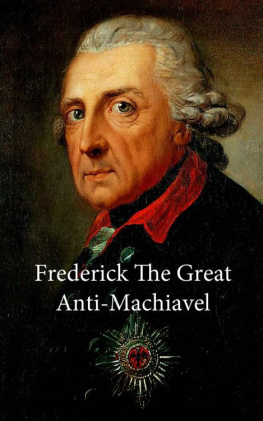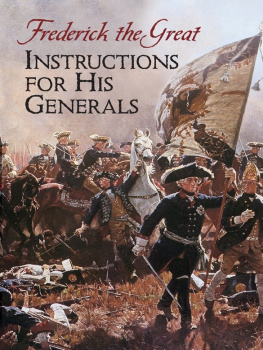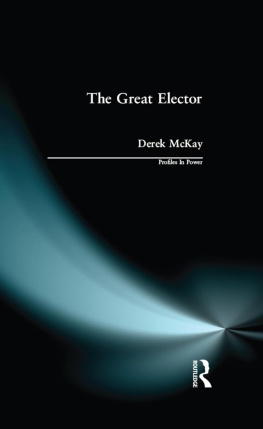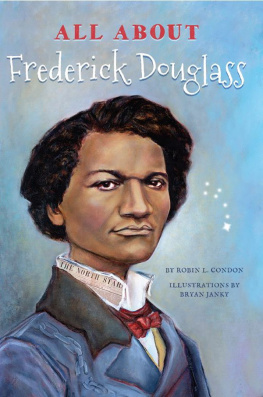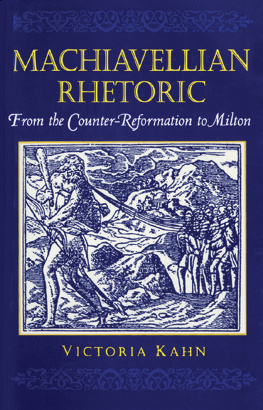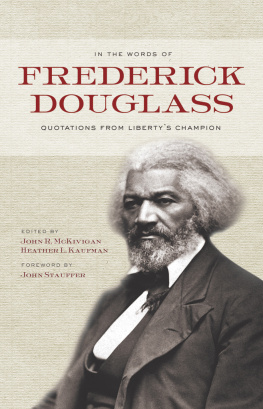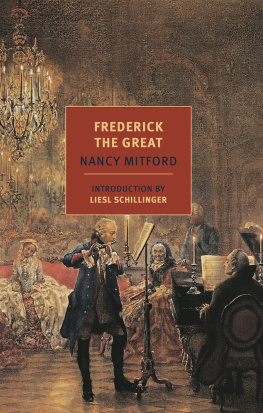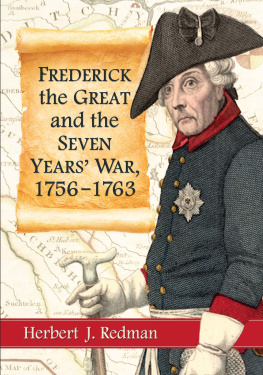Anti-Machiavel was written by Frederick the Great, Frederick II of Prussia, in 1739, in response to Machiavelli's The Prince . It was extensively revised by Voltaire, of whom Frederick was patron. It was published in September 1740, and its authorship, which was a very open secret, made the book an instant success.
Frederick's argument is moral. He argues that the King is charged with maintaining the health and prosperity of his subjects, and must lead by example. If the King is evil, his evil actions will be taken up by his subjects. Frederick points out the bad ends met by some of those praised by Machiavelli.
Like Machiavelli's The Prince , Anti-Machiavel has 26 chapters. Each chapter is a counterpart or rebuttal to the correspondingly numbered chapter in The Prince . The reader may wish to read the Introduction of The Prince before reading the Foreword of Anti-Machiavel ; Chapter 1 of The Prince before Chapter 1 of Anti-Machiavel , etc.
Foreword: Examination of The Prince of Machiavel
Machiavel's The Prince is to ethics what the work of Spinoza is to faith. Spinoza sapped the fundamentals of faith, and drained the spirit of religion; Machiavel corrupted policy, and undertook to destroy the precepts of healthy morals: the errors of the first were only errors of speculation, but those of the other had a practical thrust. The theologians have sounded the alarm bell and battled against Spinoza, refuting his work in form and defending the Divinity against his attack, while Machiavel has only been badgered by moralists. In spite of them, and in spite of its pernicious morals, The Prince is very much on the pulpit of policy, even in our day.
I will defend humanity against this monster which wants to destroy it; I dare to oppose Reason and Justice to sophism and crime; and I ventured my reflections on Machiavel's Prince, chapter by chapter, so that the antidote is immediately near the poison.
I always have regarded The Prince as one of the most dangerous works which were spread in the world; it is a book which falls naturally into the hands of princes, and of those who have a taste for policy. It is all too easy for an ambitious young man, whose heart and judgement are not formed enough to accurately distinguish good from bad, to be corrupted by maxims which inflame his hunger for power.
If it is bad to debase the innocence of a private individual, whose influence on the affairs of the world is minimal, it is much more to pervert some prince who must control his people, administer justice, and set an example for their subjects; and must, by their kindness, magnanimity and mercy, be someone to be looked up to.
The floods which devastate regions, the fire of the lightning which reduces cities to ashes, the poison of the plague which afflicts provinces, are not as disastrous in the world as the dangerous morals and unrestrained passions of the kings: the celestial plagues last only for a time, they devastate only some regions, and these losses, though painful, are repaired. But the crimes of the kings are suffered, for a much longer time, by the whole people.
The kings have the capacity to do good when they have the will. In the same way they can also make evil. The lives of the people are sometimes pitiable, and they have very good reason to fear abuse of the sovereign power, when their goods are in prey when the prince's avarice asserts itself. Their freedom is at the mercy of his whims; their peace and security are vulnerable to his ambition and perfidy; and their very lives are subject to his cruelties! Machiavel's advice, if followed uncritically by a prince, may lead to real tragedies in the real world.
I should not finish this foreword without saying a word to people who believe that Machiavel wrote what the princes are, and not what they should be; or that, as has been said by many people, it is a satire.
Those who pronounce that Machiavel's Prince is a typical sovereign were undoubtedly swayed by the examples of some bad princes, which never leave the memory once their cruelties are seen or experienced. Or they may conclude this from the record of the contemporaries of Machiavel, quotes by the author, and the life of some tyrants who were the very opposite of human. I request these critics to think, that just as the seduction of power hunger is sometimes overwhelming, it is also possible to deploy more than one virtue to resist it. Thus, it is not astonishing that, among all princes, his is the bad one among the good. The Roman Empire did suffer under emperors such as Nero, Caligula, or Tiberius, but the universe greets with joy the virtues of Titus, Trajan, and Antonin.
There is a real injustice in concluding that the rotten apples are representative of all of them.
One should preserve in the history only the names of the good princes, and let those of the others die forever, along with their indolence, their injustices and their crimes. The books of history would be less accurate, but humanity would profit: a prince's reward for their virtue would be the honour of living in history, to see their names and examples live in the future centuries until eternity. The book of Machiavel would not infect any more the schools of policy; people would scorn its contradictions; and the world would be convinced that the true policy of the kings, founded only on justice, prudence and kindness, is preferable in any direction to the disjointed and arbitrary system, full of horror, that Machiavel had the effrontery to present to the public.
Chapter 1: What A Strong Prince Really Is, And How One Can Reach That Point
When one wants to reason correctly, it is necessary to start by looking further into the nature of the subject upon which one wishes to speak. It is necessary to go to the source, to know, as much as one can, the first principles of that subject; it is easy then to deduce and progress from them, and to see the consequences which can follow. Before listing the differences of the States, Machiavel should have, in my opinion, examined the origin of princes, and to discuss the reasons why free men would choose to live under Masters.
Perhaps it would not have been appropriate in a book, where the author proposes to codify crime and tyranny as good policy, to make mention of what would refute it. Machiavel would have had the bad grace to say that the people found necessary, for their own good and preservation, to have judges to settle their disputes; guards to protect them and their worldly goods against their enemies; a sovereign power to join together all their varied interests into one common interest: it seems reasonable to assume that they initially chose the ones whom they believed to be the wisest, most equitable and most disinterested, the most valiant and the most human, to control them.
It is thus the justice (one would have to say) which must be the main responsibility of a sovereign. Since it is the prime interest of the many people whom they control, they must give it priority over any other interest of their own. What then becomes of Machiavel's recommendations of naked self-interest, self-aggrandizement, unleashed ambition and despotism? The sovereign, far from being the absolute Master of the people which are under his domination, is only the first servant.
As I proposed to refute in detail these malignant principles, I will speak about them as the contents of each chapter provides me the occasion to.
I must, however, note that what I said of the way sovereigns come into being, makes the action of the usurper even more atrocious. It is not only his violence; he shows utter contempt for the people that he rules, and treats them like animals: the usurper will sacrifice, both all the goods of "his" people and their very lives, to appease his tyrant's whims and avarice. There are only three legitimate ways to become Master of a country: succession; choice of the people which have the capacity; or conquest as a result of war. It should be clear as to which manner Machiavel covertly recommends.

